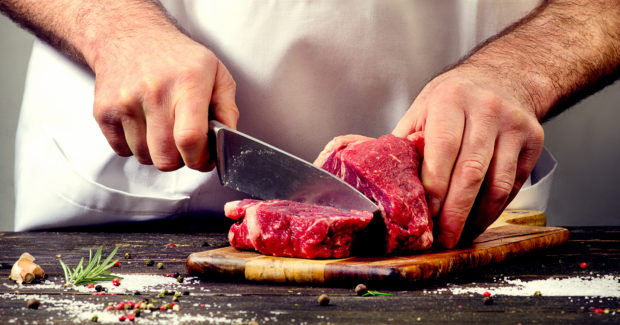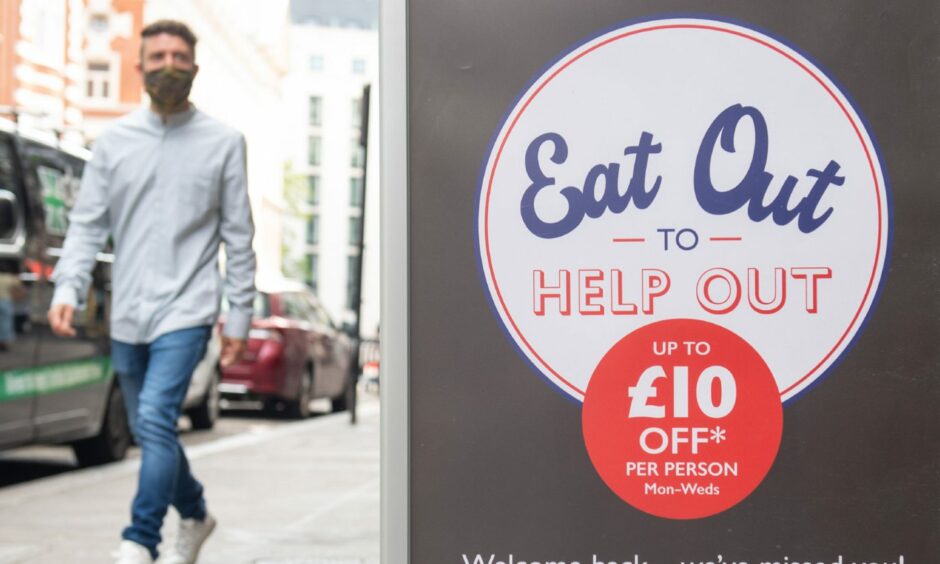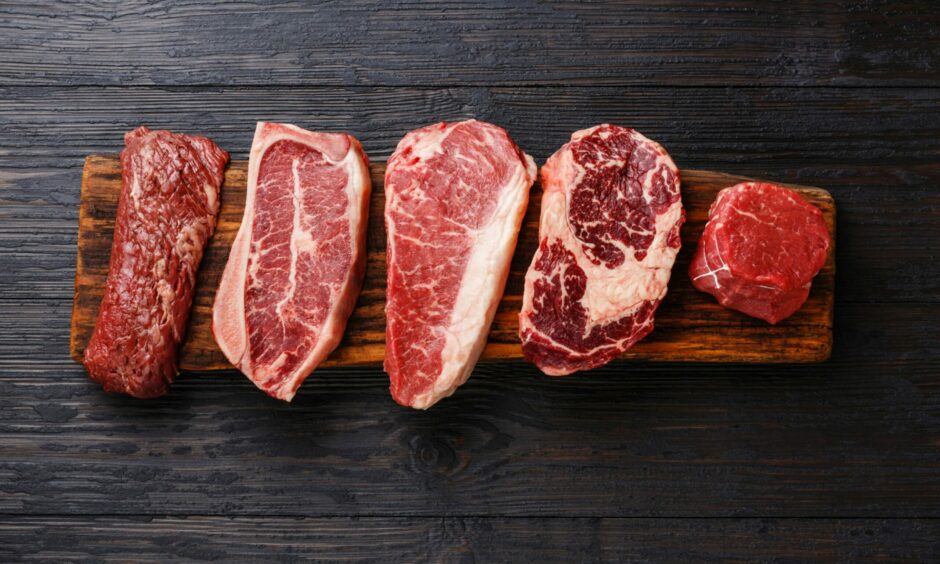One of Scotland’s leading meat suppliers – Campbell’s Prime Meat – has blamed the coronavirus pandemic for plunging into the red last year.
The company, which is one of Scotland’s biggest suppliers of meat direct to hotels, restaurants and caterers, posted a pre-tax loss of £2.42 million for the year to December 31, 2020. This is down from a pre-tax profit of £551,911 the year before.
Turnover at the Linlithgow-based firm was down 43% to £31.012m, from £54.062m previously.
In a report accompanying its latest accounts, filed with Companies House, Campbell’s said the loss in the year was caused entirely by the effects of the coronavirus pandemic.
“Lockdowns resulted in the closure of many customers; this caused the reduction in sales seen in the accounts and the subsequent loss,” said Campbell’s.
“Every month of 2020 was loss making with the exception of August and September, which saw an easing of lockdown and the Eat Out to Help Out Scheme.”
The company said it maintained service levels and its full range of products throughout lockdowns as it continued to supply the NHS in Scotland and a large number of care homes.
“One positive consequence of lockdown was the rapid expansion of our internet offering – www.campbellsmeat.com – which offers our product portfolio to the private consumer via home delivery,” the company added.
“We can see that there is a significant business opportunity in this market and have invested heavily in 2021 in both the e-commerce team and to a significant website upgrade.”
The company, which also produces and distributes fish and delicatessen goods, said it remained in a loss-making position from January to the end of April this year, before returning to profitability in May once lockdown measures affecting eating out venues were eased.
It said: “The recovery in sales and profitability from April 2021 has been rapid.
“Our sales in July 2021 were 91% of the 2019 July comparative and are continuing to increase through August. Unless there is a further nationwide lockdown our recovery in sales and profitability has already been successfully achieved.”
Campbell’s said employee numbers were reduced from a 2019 peak of 345 to 280 in August, and it had a “manageable number” of nine vacancies as at August 20.
However, it warned of post-Brexit staffing challenges and said fewer EU nationals were seeking work in the UK since it had left Europe.
“The solution to this is to offer higher pay to existing and new staff in key areas and the business has done this in 2021,” added Campbell’s.
“We have successfully managed this process and have not had to reduce service levels because of staff shortages. This will remain a concern in the short and medium term.”


